Synthwave Galactica: How To Sound Like M83
Like most of us, you probably heard of M83 for the first time back in 2011, when their sixth studio album, Hurry Up, We’re Dreaming received a Grammy nomination and charted in the US. Although M83 operated as a duo in its early years, it’s essentially the solo project of Anthony Gonzalez.
He began writing demos in his late teens, and joined forces with Nicolas Fromageau when the Paris label, Gooom Records, showed interest in the project. While the debut album didn’t break through initially, Mute Records reissued it worldwide in 2005 which helped the band gain momentum that carried them through their early years.
The creative turning point for Gonzalez came about after moving to California. Inspired by the new cultural and geographic landscape, he set his sights on creating a double album in the same way that his heroes The Smashing Pumpkins had, with Mellon Collie and the Infinite Sadness back in 1995.
The M83 sound
The emotional, cinematic sound of M83 draws its influence from bands like My Bloody Valentine, Pink Floyd, and Tangerine Dream. Let’s take a closer look now, at some of the key gear choices that made an impact over the years.
Roland JX-3P
The JX-3P is the JUNO’s often-overlooked cousin from 1983. Although it can be tedious to program without the PG-200 controller, it’s still an incredibly lush and warm-sounding analogue polysynth.
Its filter and VCAs are the same as those on the JUNO and JUPITER series synthesizers, while it offers 2 DCOs per voice with a total of 6-voice polyphony. In addition the JX-3P has a 128-step sequencer as well as MIDI and it can be modified in some fun ways.
You can get create a similar sound with the Roland Cloud JX-3P in your DAW, or try the JX-08 which is based on the larger JX-8P.

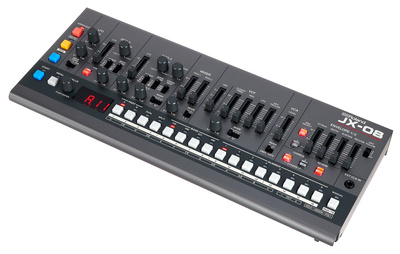
Simmons SDS-V
The Simmons SDS-V from 1981 was one of the first electronic drum kits ever released. It was first implemented by Spandau Ballet with Chant No. 1 (I Don’t Need This Pressure On) and immediately caught on as a new way to create drums.
The unmistakable hexagonal pads are accompanied by its expandable modular head unit. Here, each module had its own simple parameters for noise level, decay, filter, and tone. You can hear it used on Claudia Lewis, taking you right back to the 1980s.
To create the Simmons drum sound, you can use plug-ins like the Aly James Lab VSD-X or the Reel Machines ADpak for XLN Audio Addictive Drums 2.

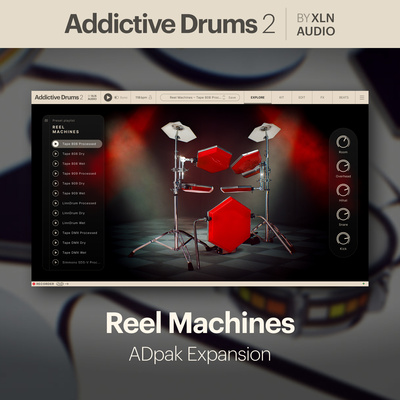
DSI Prophet 08 PE
The Prophet 08 expanded on the design of the classic with 8-voices of polyphony. What’s more, it has far more advanced modulation capabilities with three envelopes and four LFOs per voice.
Like the original Rev 2, they were designed with Curtis LP filter chips. This means you get all the analogue goodness of a vintage synth, but more modern features like a 16 x 4 gated step-sequencer and an arpeggiator.
This synth is still available in the form of the Prophet 08 Rev2 8 from Sequential and remains an excellent analogue polysynth that can also be expanded to 16 voices like its predecessor.

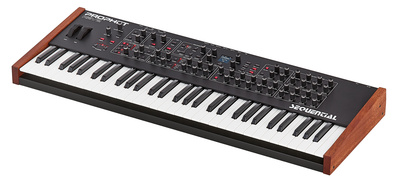
Elektron Machinedrum SPS-1UW MKII
You can always hear a healthy combination of live drums and drum machines throughout the M83 catalogue. For this reason, Gonzalez liked instruments like the Elektron Machinedrum, as it provides excellent sound design capabilities.
Its various synth engines give you FM synthesis drum design tools, sample playback, and a recreation of some classic Roland TR series drum machines. You also have a range of effects at your disposal to sculpt your drums to your mix.
The Machinedrum may have been discontinued, but the more recent Analog RYTM is a powerful analogue drum machine with plenty of punch and character.

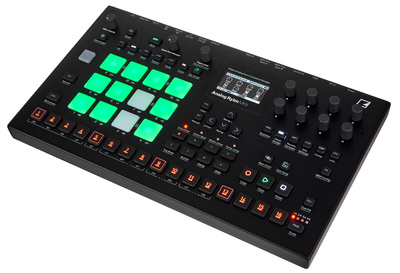
Roland Dimension D
Effects units like the Roland Dimension D were an integral part of the sound of the fifth M83 album Saturdays = Youth (2008). Apart from the lush sonic texture, these units can add stereo width to synths, guitars, and vocals.
The Dimension D supports both mono and stereo operation and its dead simple interface provides you with four BBD chorus settings without the ability to tweak presets. This might seem rather limited compared to some chorus pedals but it’s still a classic sound.
Today, you can find well-designed plug-in versions of the Dimension D by Arturia and Universal Audio or you can try the rack-mountable 3rd Dimension BBD-320 from Klark Tektik.

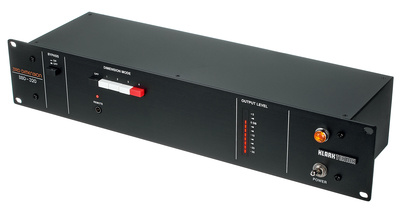
Which of your favourite artists would you like to see featured in this series? Please let us know in the comments below!
More about M83:
- M83 official page
- More sound-alikes
Videos:
You are currently viewing a placeholder content from YouTube. To access the actual content, click the button below. Please note that doing so will share data with third-party providers.
You are currently viewing a placeholder content from YouTube. To access the actual content, click the button below. Please note that doing so will share data with third-party providers.
You are currently viewing a placeholder content from YouTube. To access the actual content, click the button below. Please note that doing so will share data with third-party providers.
You are currently viewing a placeholder content from YouTube. To access the actual content, click the button below. Please note that doing so will share data with third-party providers.
*Note: This article contains promotional links that help us fund our site. Don’t worry: the price for you always stays the same! We will receive a small commission if you buy something through these links. We appreciate your support!
One response to “Synthwave Galactica: How To Sound Like M83”
 4,5 / 5,0 |
4,5 / 5,0 | 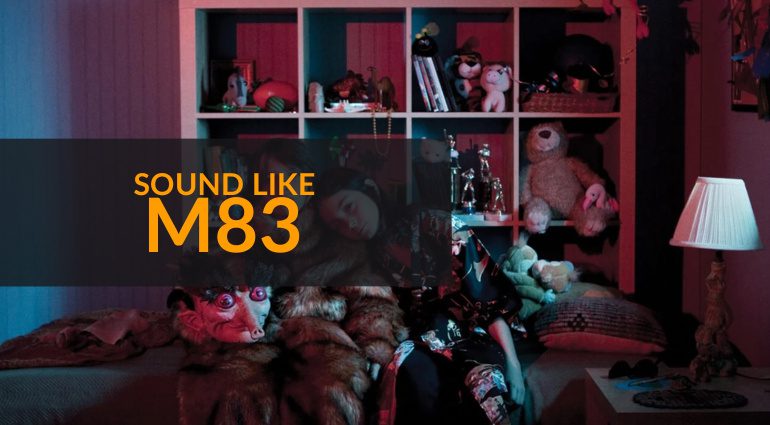




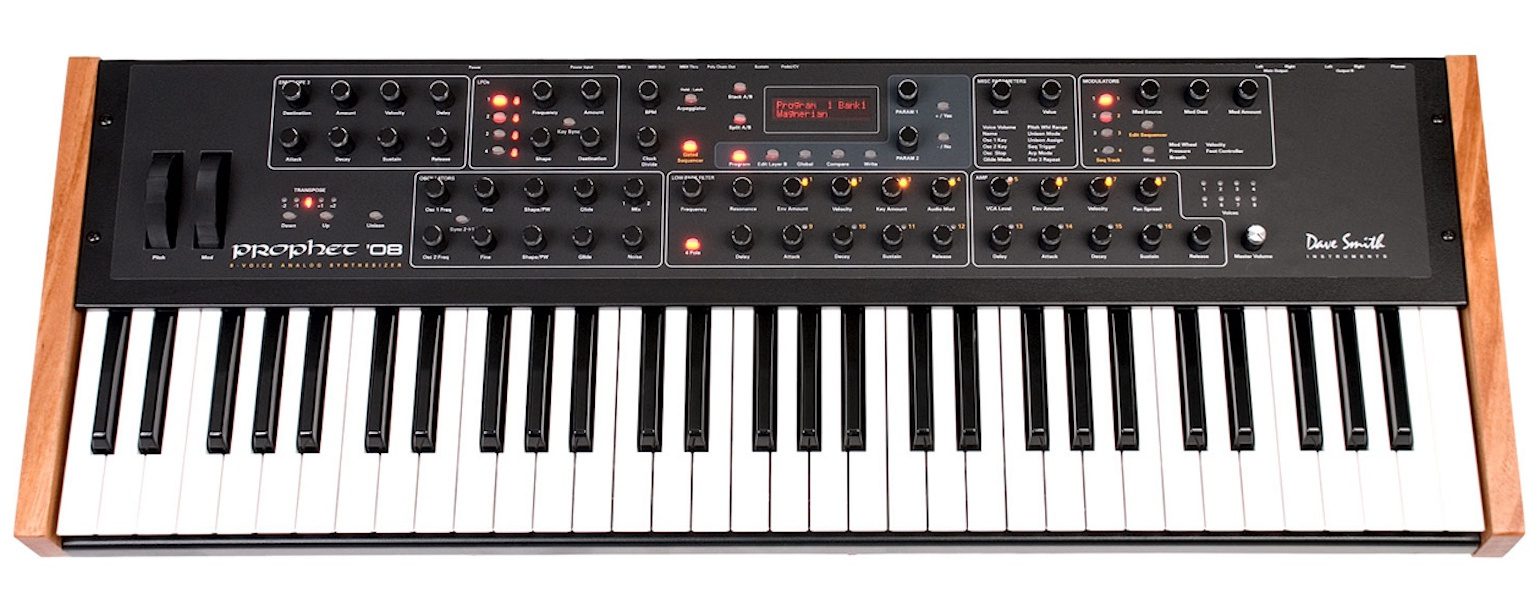
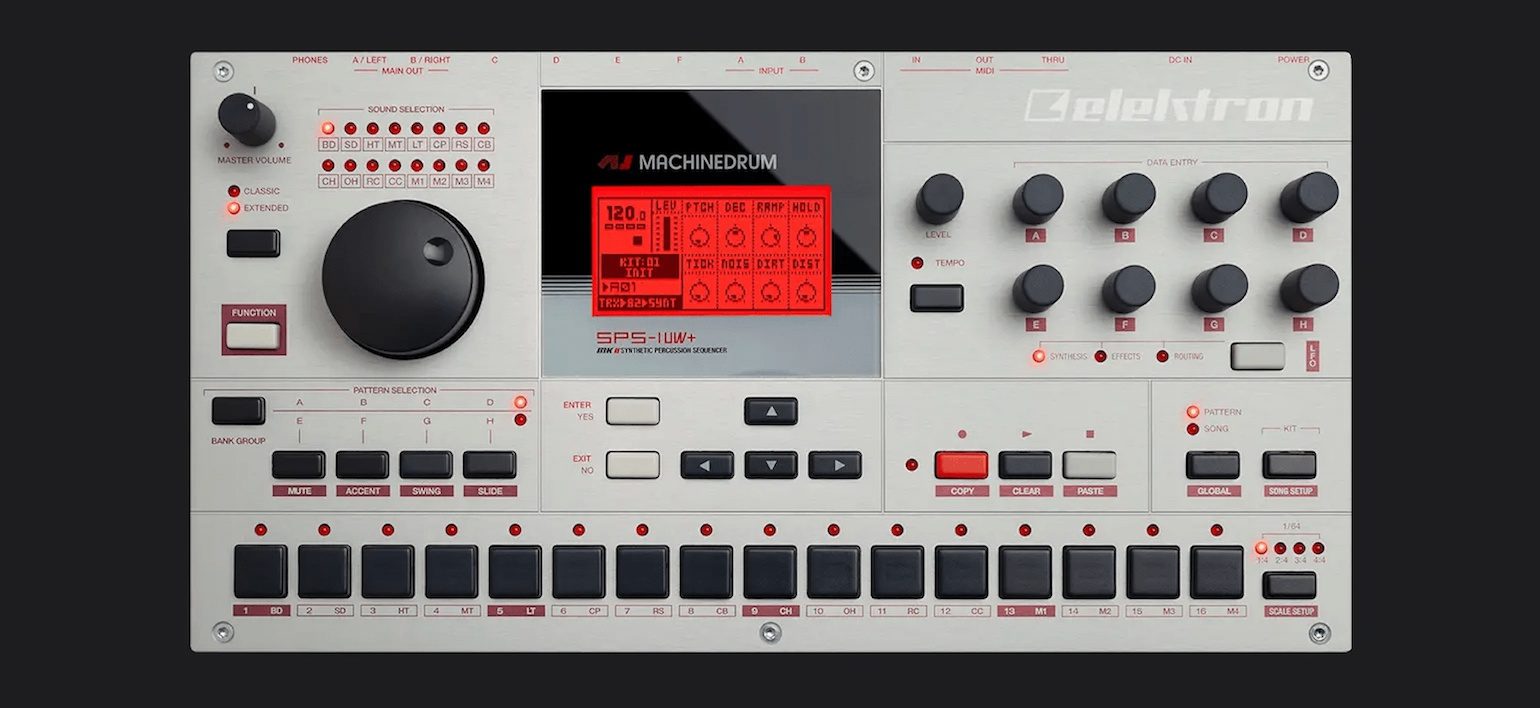
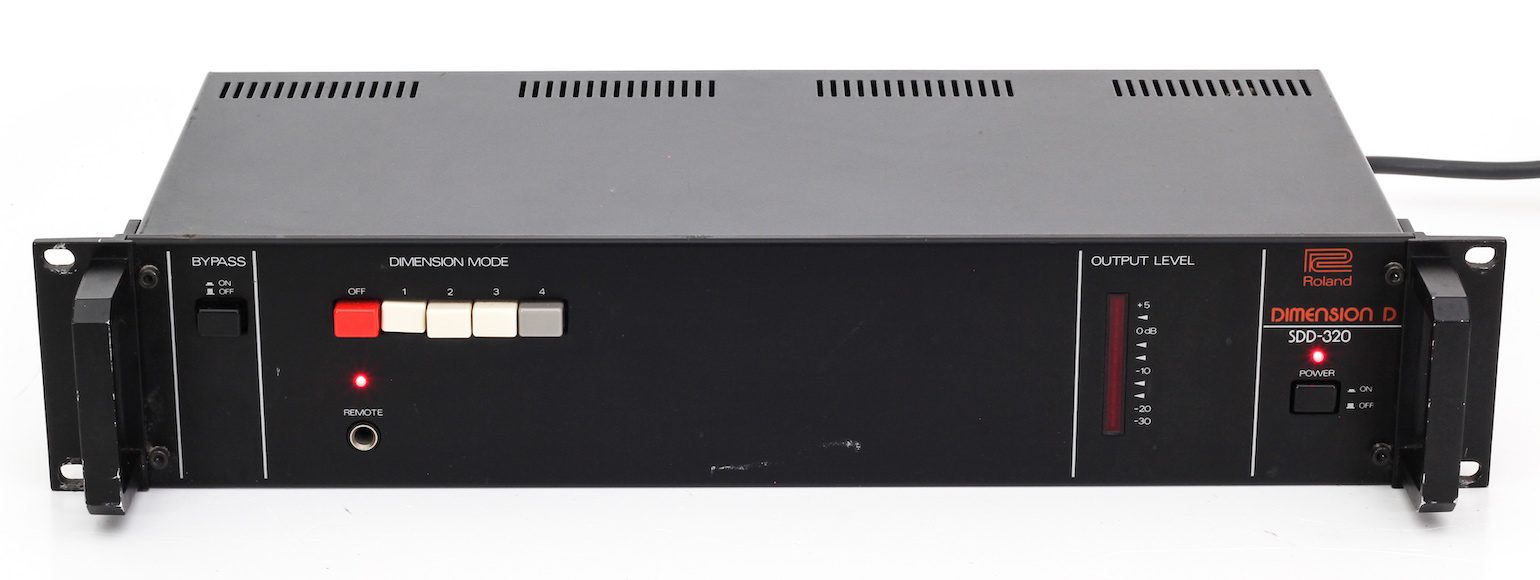
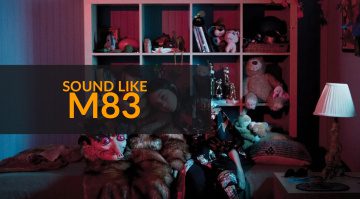

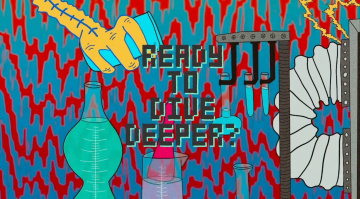
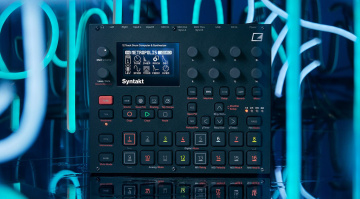
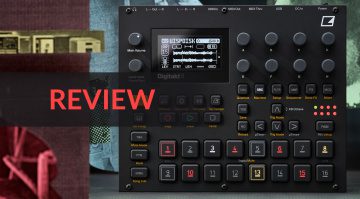
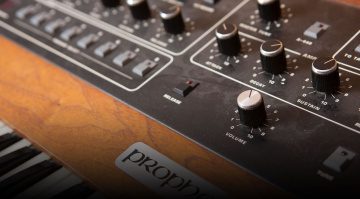

Man, I love these. If you do one about Carpenter Brut and/or Perturbator, that would be fantastic. Even though we know most of it is heavily processed and mangled. We know about the Mopho and the Prophet 6 and 12 (Equipboard), but dive into the creation of that unmistakable digital raw ass bass sound and win at internet speculation.